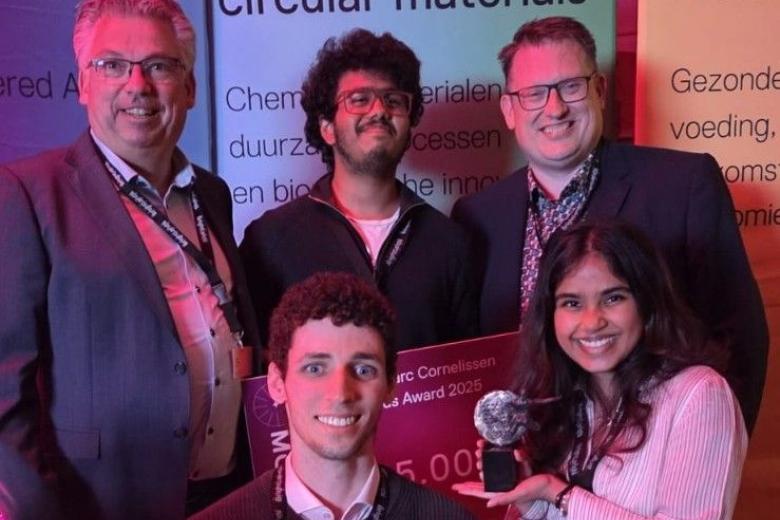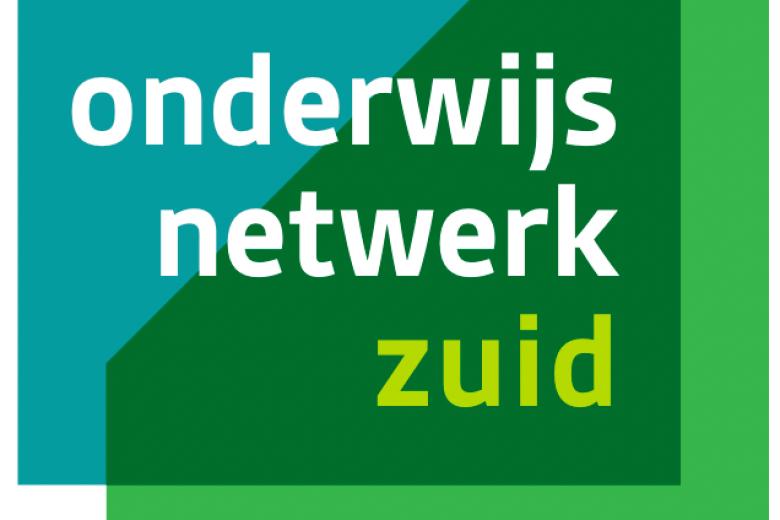Nobel Prize-winning microscope in Maastricht
The 2014 Nobel Prize in Chemistry was recently awarded to (among others) the discoverer and developer of the STED microscope, Stefan Hell from Heidelberg. And Maastricht University has one of the two modern STED microscopes in the Netherlands.
Stimulated Emission Depletion (STED) makes it possible to view details of 50 nanometres in living and fixed cells. One millimetre is equal to one million nanometres. For centuries, it was considered impossible to see details smaller than 250 nanometres with an optical microscope. By making the invisible visible in 2000, Stefan Hell achieved great progress for cell biology and chemistry.
The STED microscope in Maastricht is in the nanoscopy laboratory, under the supervision of Marc van Zandvoort, and was acquired with the joint efforts of Maastricht University/MUMC+, DSM and the Province of Limburg. These organisations work together to purchase this kind of expensive equipment within the platform Enabling Technologies. This platform provides unique open access to the STED (and other advanced microscopy equipment) for those in the Benelux, including not only researchers at the Maastricht Health Campus, but also third parties (e.g. SMEs) who can make use of this technology at attractive rates.
“The Brightlands region is also at the forefront of imaging in the Netherlands and the Euregion in the area of optical microscopy”, says Zandvoort. He is the driving force behind advanced optical microscopy in Maastricht and is highly motivated to use his passion, expertise, and knowledge to embed the whole platform further in the world of research. “This role will also be seen in Europe. The umbrella organisation for scientific imaging infrastructures considered our site as top of the line at the end of 2013.”
Also read
-
Roy Broersma (CEI): Guiding Aestuarium from idea to venture
Roy Broersma, director of the Center for Entrepreneurship & Innovation (CEI) at SBE, has been closely involved in guiding Aestuarium from an early student startup to a growing venture. From spotting their potential during the Brightlands Startup Challenge supporting them through CEI.
-
Despite a less tight labour market no end to shortages in healthcare, education, and tech
Interesting new findings in the report 'The Labour Market by Education and Occupation until 2030' from the Research Centre for Education and the Labour Market (ROA) at Maastricht University.
-
A strong education network for Brabant and Limburg: better alignment, less dropout
On November 24, 2025, secondary schools (VO) and higher education institutions (HO) in Brabant and Limburg signed up for the Education Network South Netherlands: one VO-HO network that will improve the flow of students to further education and reduce dropout rates.